Unleashing the Healing Power of Empathy Through Storytelling
Writing about difficult topics? Let's discuss...

Writing about traumatic events can be a challenging yet powerful endeavor. I’ve written three memoir and poetry books about being a childhood sexual abuse survivor.
It's essential to handle such topics with care and sensitivity, both for the writer and the audience.
I’m currently working on a book about writing trauma, and here are several ways I’ve used to not only get through the process but also enjoy it. With examples of books I love!*
*This post contains affiliate links. This means I may earn a commission should you make a purchase using my link.
• Use of Language:
Be mindful of the language you use. Avoid graphic details that could be triggering. Instead, focus on the emotional and psychological aspects. If you don’t feel the emotion when you write it, the reader won’t feel the emotion as they read it.
As you write, stop and ask yourself, “How am I feeling right now?” and, “How does that emotion feel in my body?” Write that.
In "The Year of Magical Thinking," Joan Didion poignantly narrates her grief after her husband's death, emphasizing her emotional journey rather than the specifics of the event.
• Perspective and Voice:
Consider writing from a first-person perspective to give a personal, intimate account, but also be open to third-person narration for distance. I often write in first-person and then change to second or third in later drafts.
In "Speak" by Laurie Halse Anderson, the protagonist's trauma is explored through her internal monologue, allowing readers to empathize deeply with her experiences.
• Incorporate Healing and Growth:
Healing is messy; share those truths. Real stories of growth can offer hope and a sense of resilience to your readers.
Khaled Hosseini’s "A Thousand Splendid Suns" portrays the trauma of its characters but also their journey towards healing, providing a balanced narrative.
• Respect Privacy and Boundaries:
If the story is not solely yours, respect the privacy of others involved (and avoid worries about libel - consult an attorney for specific advice). This is crucial for ethical storytelling.
You don’t need anyone’s permission to write your story except your own but ask yourself if it’s your story to tell.
In "Wild" by Cheryl Strayed, while she discusses her personal traumas, she carefully navigates the stories of others in her life.
• Seek Feedback and Support:
Share your work with trusted individuals for feedback, especially if writing about personal trauma, which can provide valuable perspectives and emotional support.
Many writers join writing groups or seek therapy to process their experiences as they write. This is a great way to connect with others who have been through something similar, or who may become your reader demographic.
I have DM groups on X and a Facebook Group for writers - if interested, click here (free): https://www.facebook.com/groups/RachelStreetTeam.
• Consider Your Audience:
Be aware of who your audience is and how the subject matter might affect them. Providing content warnings or trigger warnings at the beginning of your work can be helpful.
That said, some folks don’t like content warnings. What do you prefer? Go with that.
And don’t forget to consider having a sensitivity reader take a look. More here from Reedsy (great free site!) https://blog.reedsy.com/sensitivity-readers/.
• Emphasize Self-Care:
Take care of your mental health while writing about trauma, such as setting time boundaries for writing sessions, taking breaks, or even seeking professional help if needed.
A healthy writing process is crucial. Learn more here from Jane Friedman and Lisa Cooper Elison.
I suggest doing a PEMS check as well: Psychological, Emotional, Mental, and
Spiritual when emotions come up as you write. Mindfulness is important here - stop when you need to.
• Use Fictional Elements:
Not for everyone but consider incorporating fictional elements to provide a buffer, which can be particularly helpful if the trauma is personal. It allows us to explore emotions and experiences without direct exposure.
For example, in "The Bell Jar" by Sylvia Plath, though semi-autobiographical, Plath uses a fictional character to explore themes of mental illness and societal pressures.
• Focus on the Journey, Not Just the Event:
Focusing on the journey of dealing with trauma, not only the traumatic event itself, helps in crafting a more nuanced and compelling narrative.
"Educated" by Tara Westover is an excellent example of focusing on the journey of self-discovery and healing (and so well-written).
• Incorporate Hope and Resilience:
While acknowledging the pain and struggle, including elements of hope and resilience can make the story more relatable.
"The Color Purple" by Alice Walker, though dealing with heavy themes, ultimately is a story of triumph and empowerment.
What about marketing your memoir? Here are my own guidelines:
•• Marketing and Audience Engagement:
When marketing such stories, focus on the universal themes of healing, resilience, and growth. This approach can broaden your audience, make the work more accessible, and applies to blog posts, newsletter posts, keywords, and interests.
Read more here on how to brand yourself as an author ⬇️
What's Author Branding, Anyway?
If you’re like most writers (including yours truly, back before I published my first book ten years ago), branding sounds scary and kind of, well, nebulous. Are you an aspiring author looking to make a name for yourself in the literary world? Let’s discuss
Use social media platforms to create a community around these themes, where readers can share their experiences and support each other. On X, you can create communities and DM Groups; on Facebook, you can create groups (public or private), etc.
•• Sensitive Content Warnings:
It’s a good idea to include content warnings for potentially triggering material. This respects the readers' boundaries and mental health, which is particularly important in today’s literary landscape.
•• Professional Consultation:
For factual accuracy and sensitive portrayal, suggest consulting professionals like therapists, counselors, coaches, consultants, etc., especially if you’re dealing with subjects outside your personal experience.
Learn more here from the International Association of Trauma Recovery Coaching (IAOTRC). I am also available for book coaching - email me at badredheadmedia@gmail.com. Mention this newsletter for a 20% discount!
•• Workshops and Feedback Sessions:
Attend workshops and feedback sessions focusing on writing about trauma. Peer review and professional guidance can greatly enhance the quality and sensitivity of the work.
These tips can help you navigate the complexities of writing about traumatic events with care and responsibility. Use these insights to guide your writing, create content that resonates with your audience, and foster a supportive community around these topics.
Coming up:
• Recorded on 🎁 11/15: Book promo and giveaways with guest authors Alexandria Szeman and Vennie Kocsis - join us for holiday giveaways and fun prizes! Don’t miss it! Click the link right now to listen to the recording.
• 11/22 and 11/29 - NO Spaces - Thanksgiving holiday. See you on 12/6!
➡️ Click to enter our $100 Amazon gift card and book giveaway (free to enter): https://buff.ly/3tYuOJ4 (seriously, no strings) - LAST DAY!



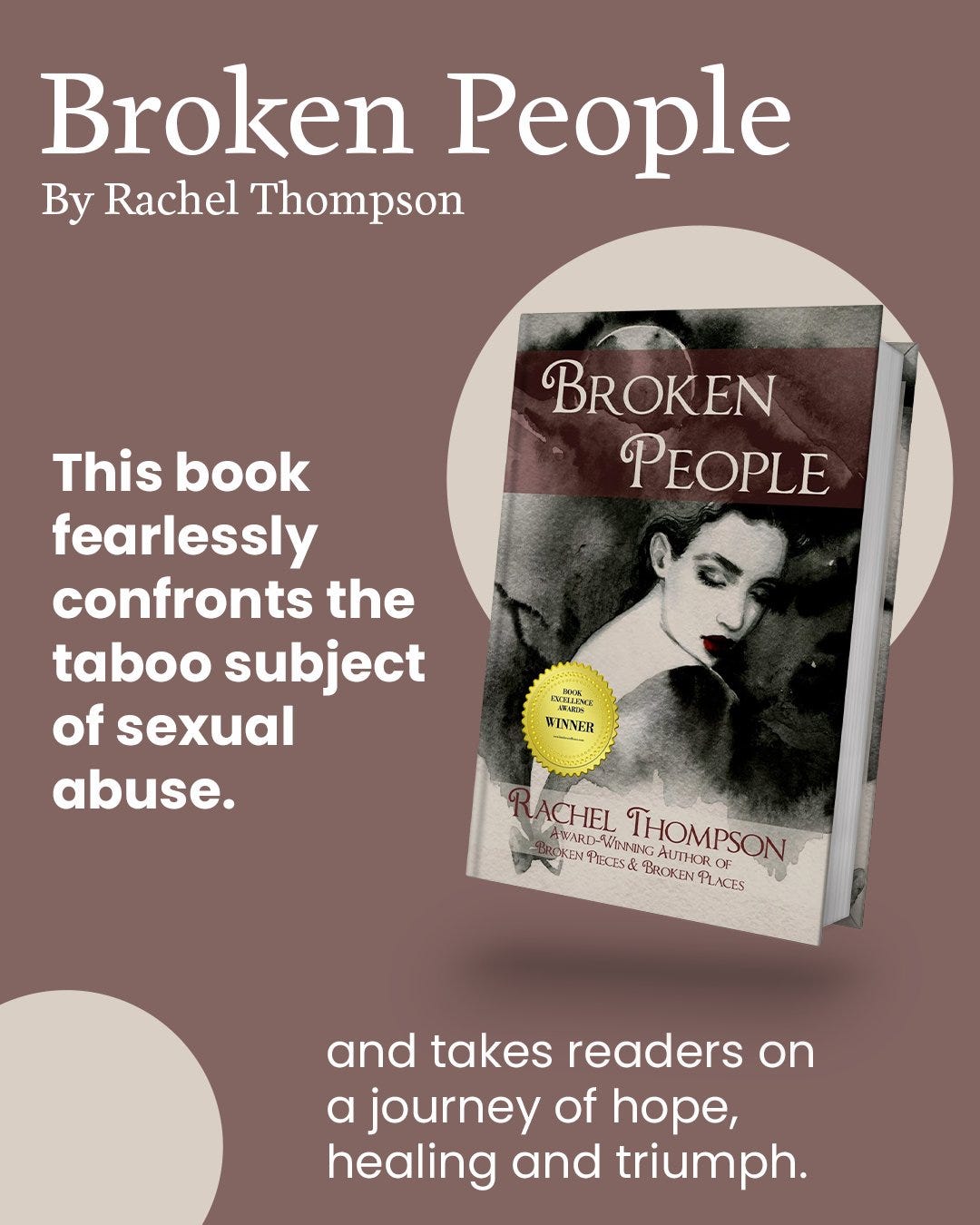
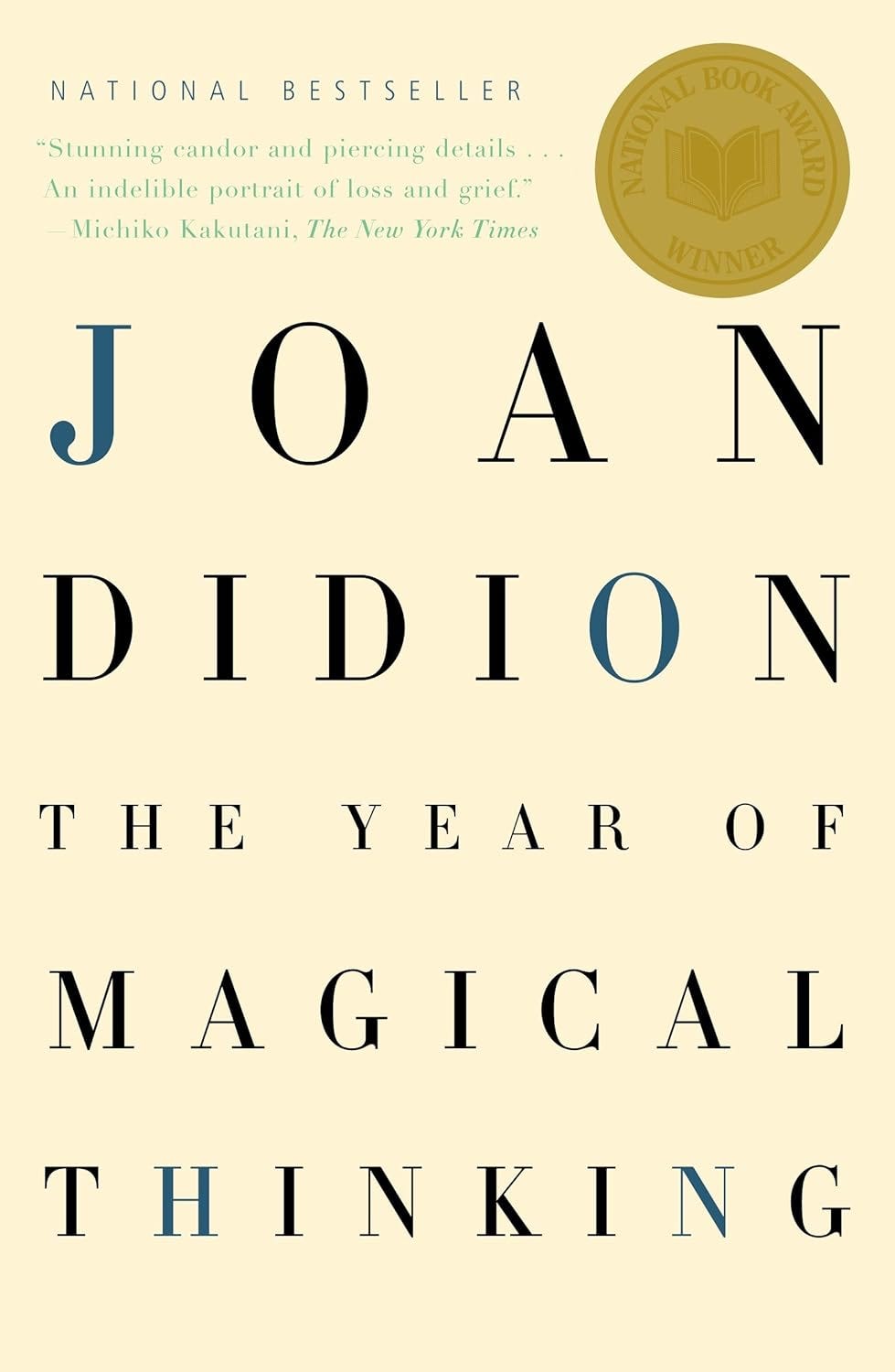
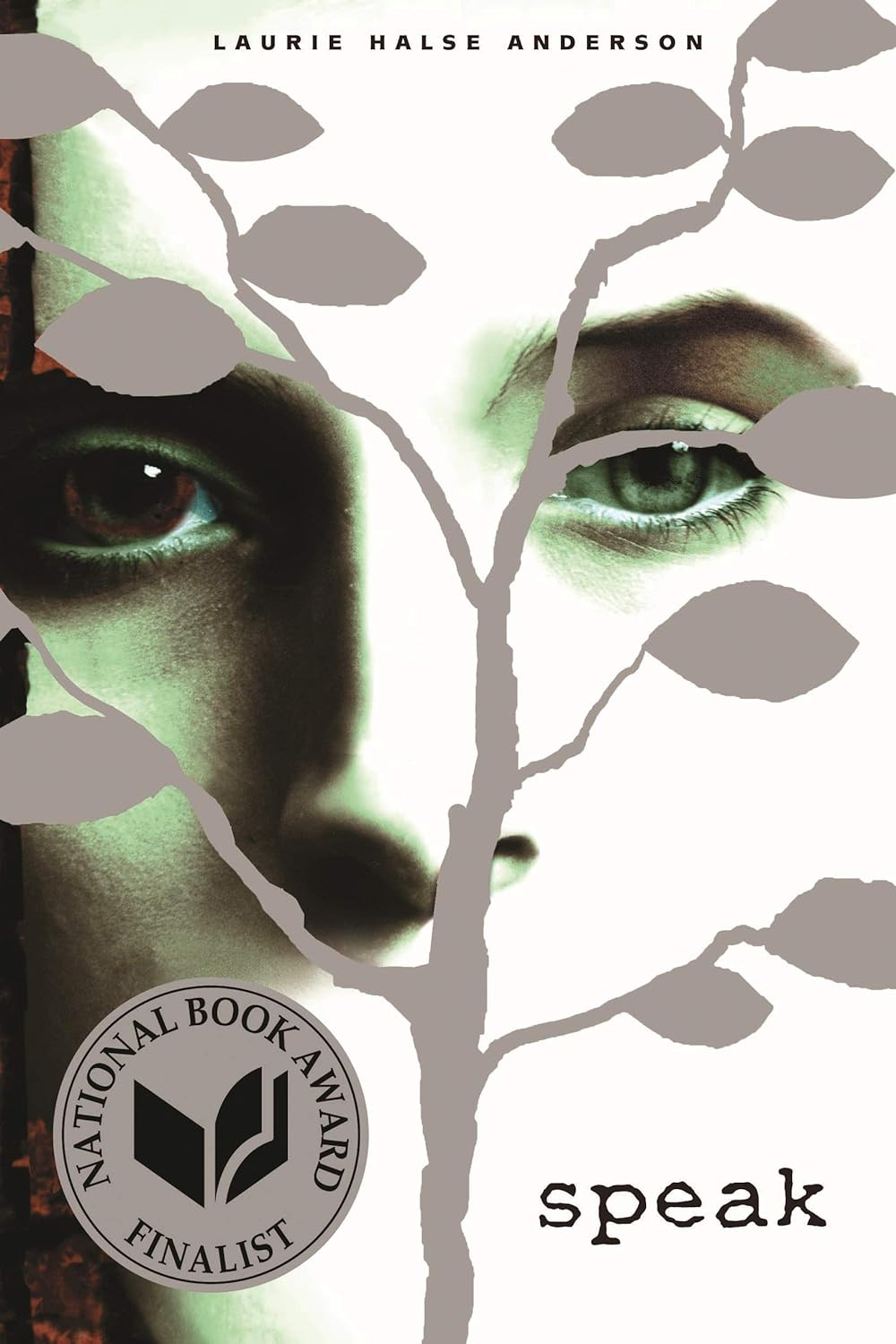
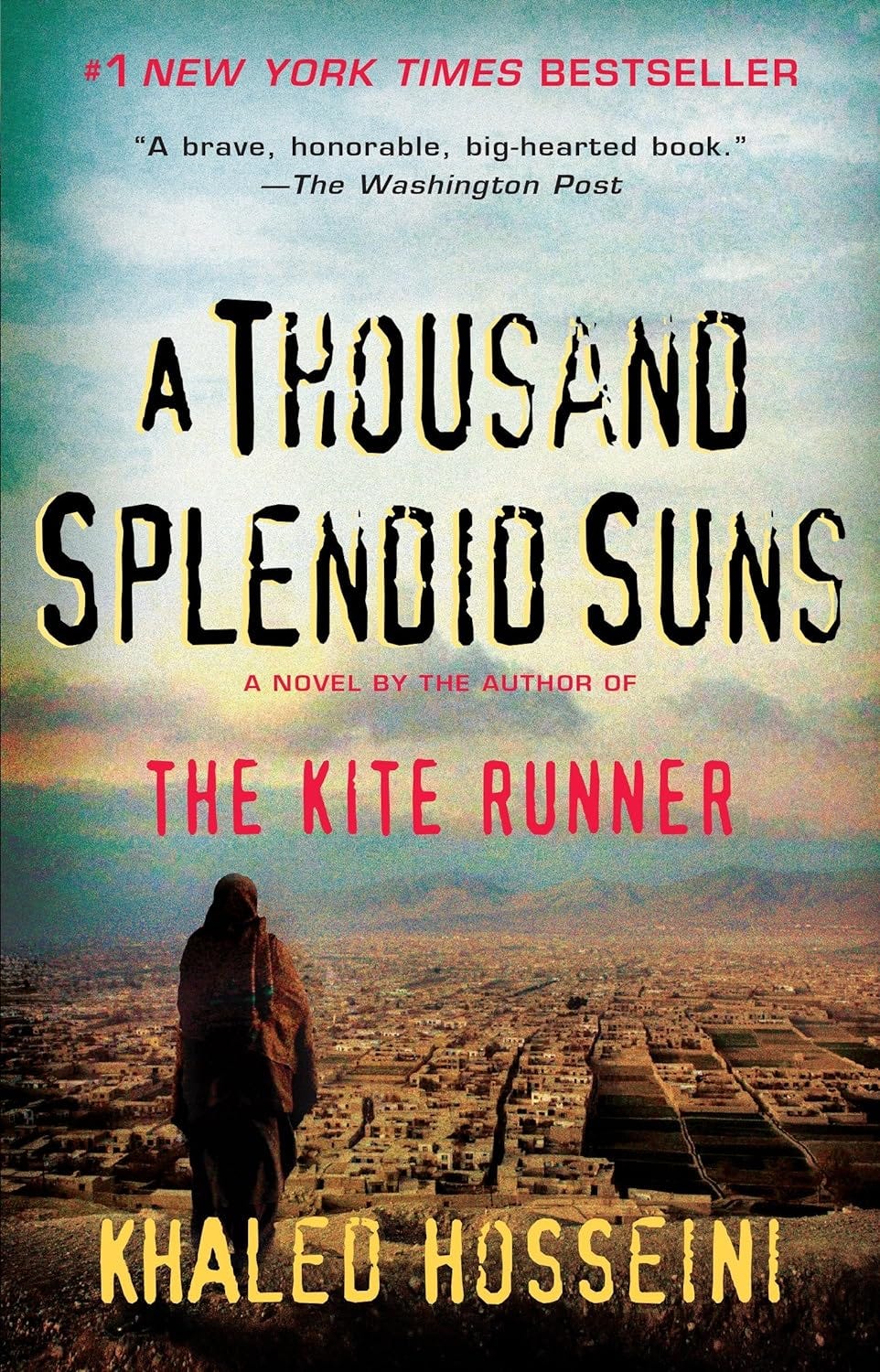
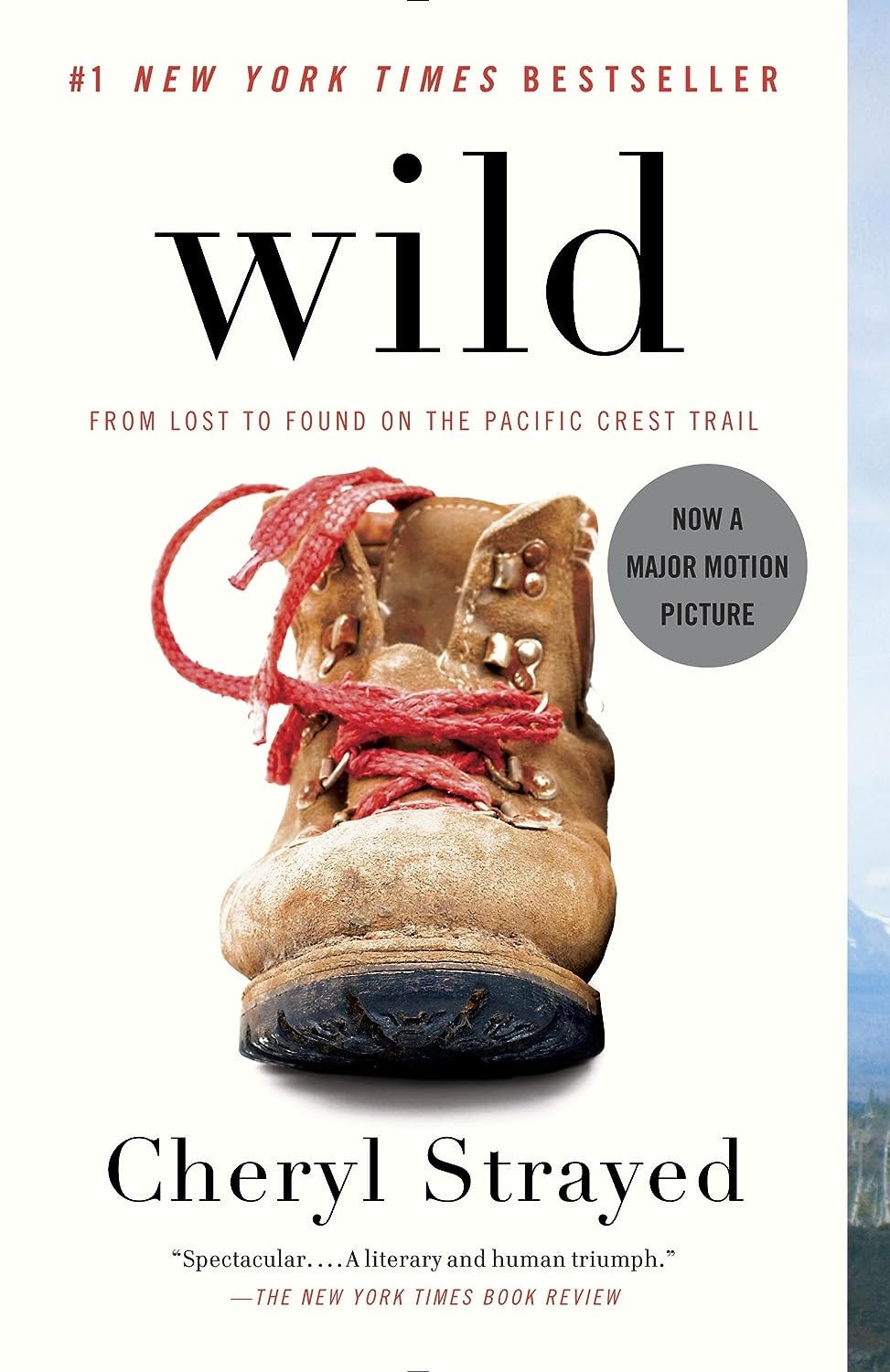

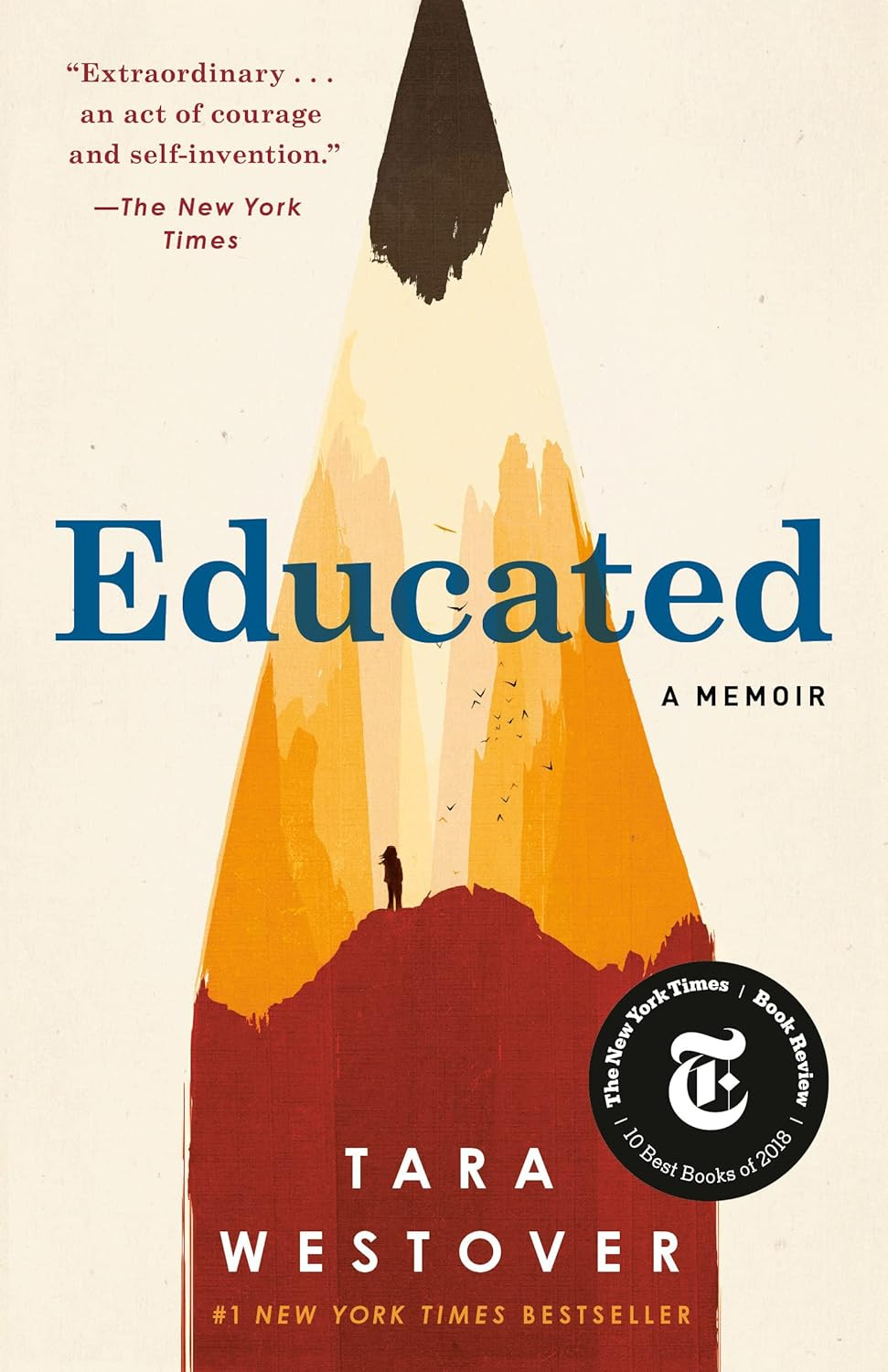
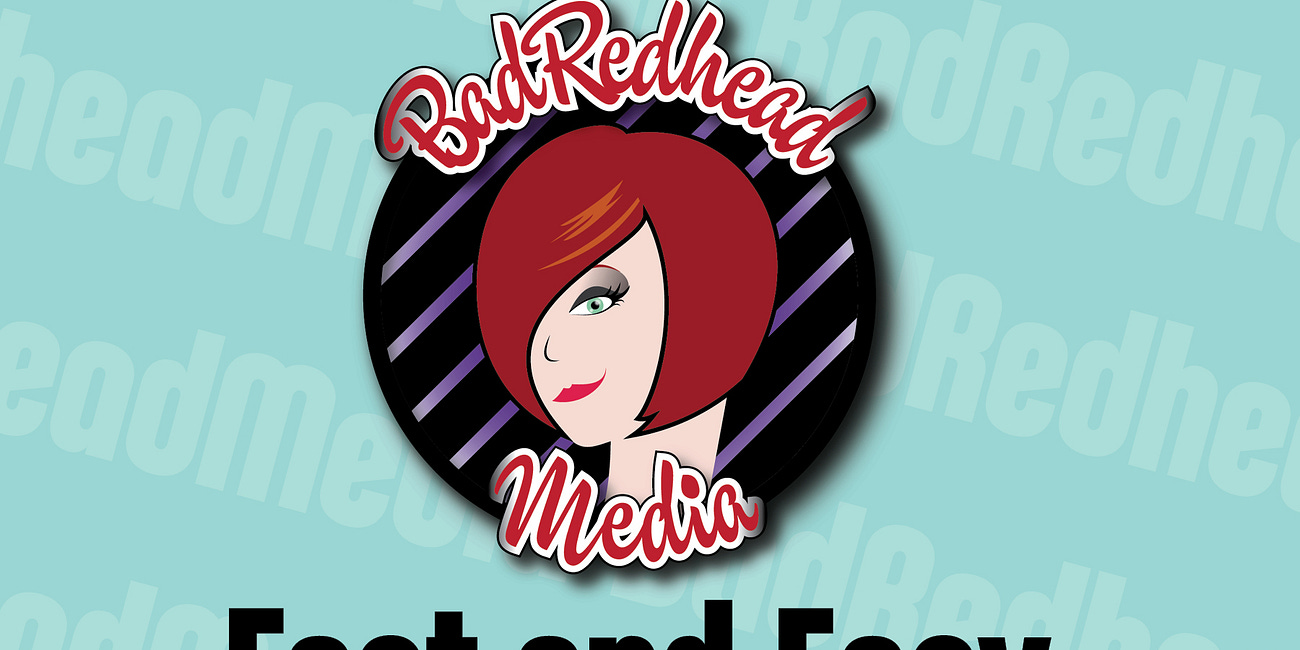

Here is a prose work I wrote about my blind grandmother:
ROXIE, MY BLIND GRANDMOTHER
In a world veiled in darkness, my grandmother found her light in the tactile whispers of point print. At three months old, her eyes may have betrayed her, but her spirit was as sighted as ever. The Bible and books that filled her days were not defined by their heft or the thickness of their pages, but by the life they breathed into her through their raised dots-a language of touch, a precursor of Braille.
Her slate and stylus were her instruments of correspondence, a bridge between her world and that of her blind friends. With each letter she crafted, her thoughts were etched into existence, her words a tangible presence in a world she could only hear and feel.
Her books would rest on her lap, a foundation of knowledge and faith as solid as the earth itself. Her fingers, nimble and sure, would dance across the pages, a ballet of sensation and understanding. The dots beneath her touch would rise to meet her, eager to share their secrets and stories.
I remember the sound of her voice, rich and warm, as she read aloud. It was a melody that resonated with wisdom and resilience, a testimony to her ability to navigate a world that was not built for her. Her dexterity was a marvel, her fingers moving with a grace that belied their age.
Those books, the stylus, the slate-they were more than mere objects. They are the legacy of a woman who refused to be defined by her limitations, and who embraced the world with hands wide open. They are cherished not only for what they are but for what they represent: the indomitable will of my grandmother who saw more clearly with her heart than most do with their eyes.
Roxie, a name that echoed within the walls of our home, was a beacon of resilience and grace. Blindness never dimmed her spirit; it only sharpened her other senses, transforming other daily chores into a display of her remarkable capabilities. Roxie, her domain was the heart of our household kitchen- where she reigned with gentle authority and an unerring touch.
As our dishwasher, Roxie's fingers were like whispers over porcelain, detecting and erasing the slightest imperfection. Plates and utensils gleamed under her meticulous care; each one emerging from her hands as if they were new. It was a dance of fingertips and water, a silent symphony played out on ceramic and metal.
The snapping of green beans was a ritual she performed with a surgeon's precision. Each bean was a conversation between her fingers and the vegetable's hidden strings. She would hold the snapped pieces to her cheek, a gesture as tender as a mother's touch, ensuring not a single string remained to mar the perfection of her task.
Shelling peas was a task she cherished, a moment of peace in the rhythm of the day. The pea pods would yield to her deft fingers, splitting open to reveal their hidden treasures. The bowl would fill, each pea a testament to her skill, and the sound of the shells parting was a familiar refrain in the melody of our family life.
Grandma Roxie, as we fondly called her, was more than just a member of our family. She was a symbol of unwavering strength, a reminder that the human spirit can adapt and thrive. Her legacy is etched not only in the well-worn pages of her point print books but in the very essence of our home. She is unforgettable, a cherished memory that continues to inspire and guide us.
This is proudly my memories of a grand blind lady who greatly influenced my life and character.
Her grandson:
peppermiller3011@gmail.com
This article came at the right time for me. Thanks!
Here’s a question I’m wrestling with: Do you believe it's effective to link personal struggles with broader global issues in order to make your own experiences feel more relatable or impactful?